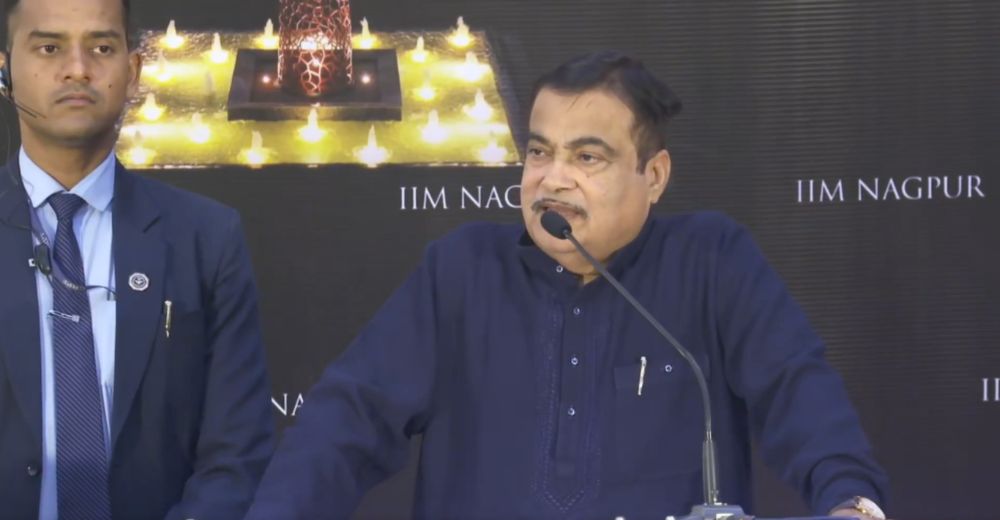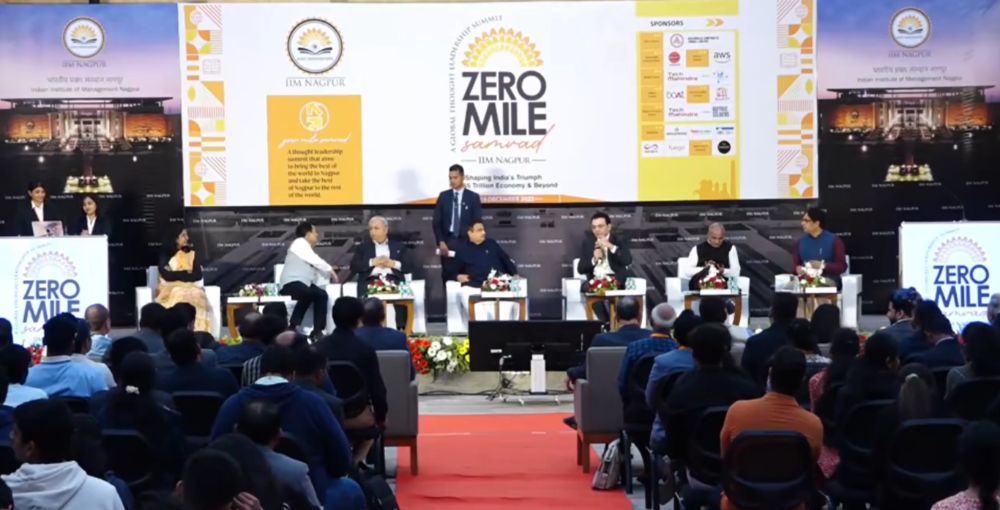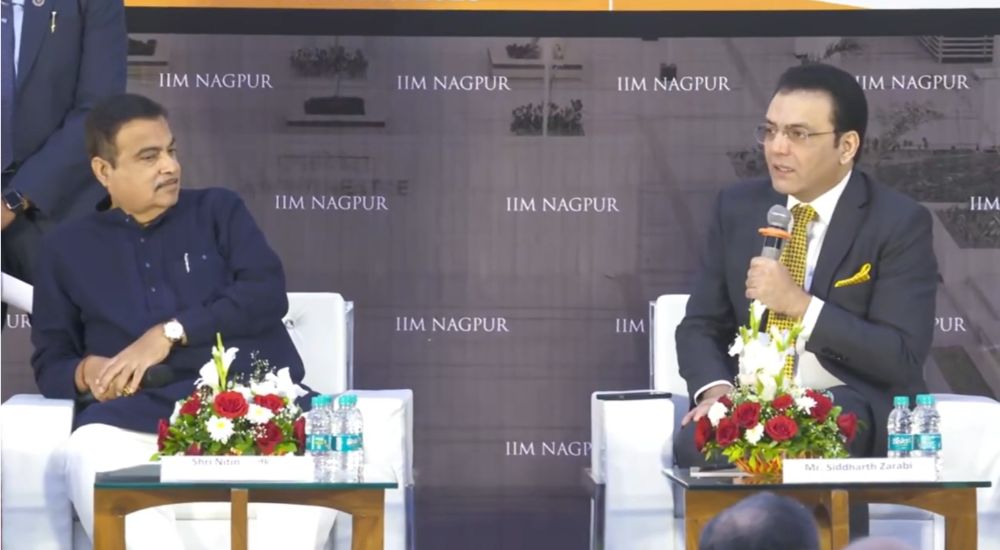In recent years, the global automotive industry has witnessed groundbreaking technologies, with autonomous driving technology standing out as one of the most aspirational and intriguing features. Leading auto brands, including Tesla, are on the verge of achieving fully autonomous vehicles, paving the way for complete driverless cars.

India’s Reservation on Driverless Cars
Despite the global enthusiasm for autonomous driving, the Indian government, particularly Nitin Gadkari, Union Minister for Road Transport & Highways, holds reservations about introducing driverless cars in the country. Speaking at the Zero Mile Samvad hosted by IIM Nagpur, Gadkari expressed strong opposition, citing concerns about job loss for drivers.
Job Concerns and Road Safety

Gadkari estimated that the introduction of driverless cars in India could lead to the loss of jobs for approximately 70-80 lakh people. Emphasising road safety, he highlighted the need for improved safety equipment in cars, including making six airbags a standard feature. The government is actively working on reducing road accidents by addressing black spots on roads and increasing fines through the Electric Motors Act.
Tesla’s Welcome to India with a Caveat

Addressing the much-anticipated entry of Tesla into the Indian market, Gadkari welcomed the American electric vehicle (EV) manufacturer. However, he emphasised a crucial condition – Tesla must not manufacture in China and sell those vehicles in India. Gadkari deemed such a scenario unacceptable to the Indian government.

Recent reports indicate that Tesla is prepared to invest up to $2 billion for establishing manufacturing operations in India, contingent on the government’s approval of a concessional duty of 15% on its imported vehicles until local operations commence.
Beyond Driverless Cars: Hydrogen and Advanced Technology
Gadkari expanded the discourse beyond road safety and autonomous vehicles, shedding light on the significance of hydrogen as a future fuel for mobility. He emphasised the government’s commitment to adopting advanced technology to enhance public infrastructure.

While the allure of autonomous driving captivates the automotive industry globally, India’s stance reflects concerns about job displacement and a strong commitment to road safety. The welcome extended to Tesla comes with a clear condition, emphasising the need for adherence to Indian regulations and manufacturing norms. As India navigates the future of automotive technology, the balance between innovation and safeguarding employment remains a critical consideration.
